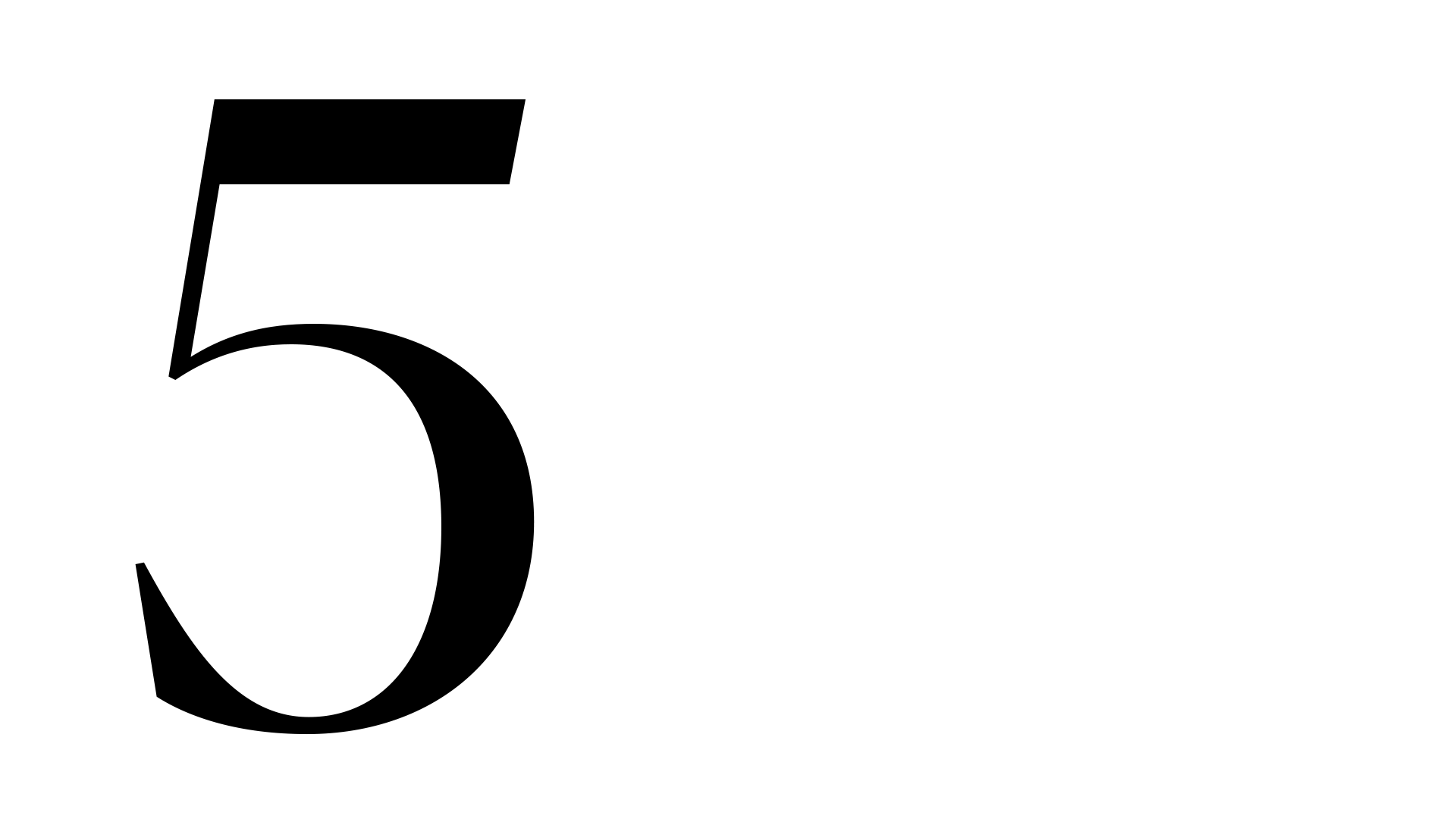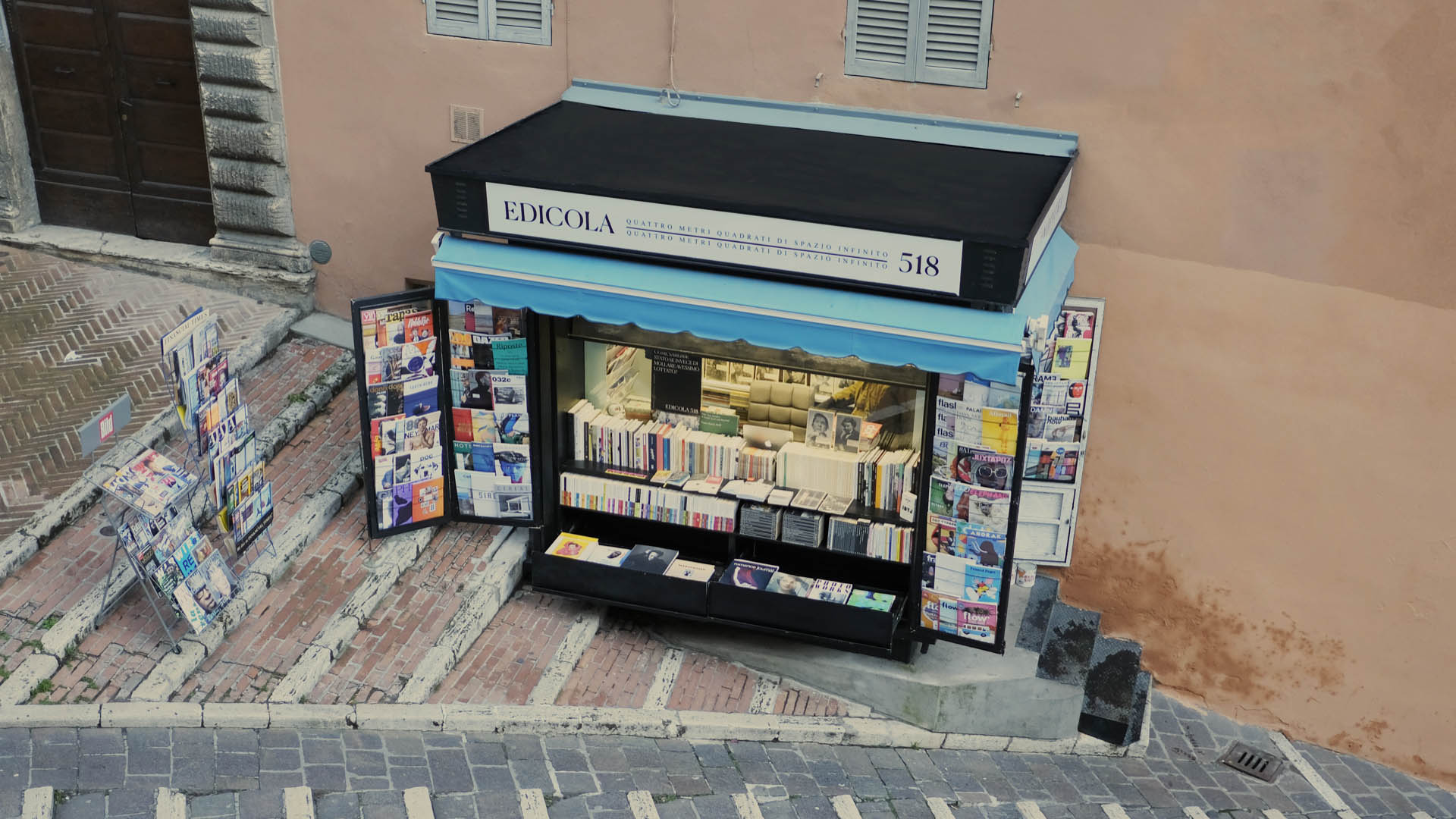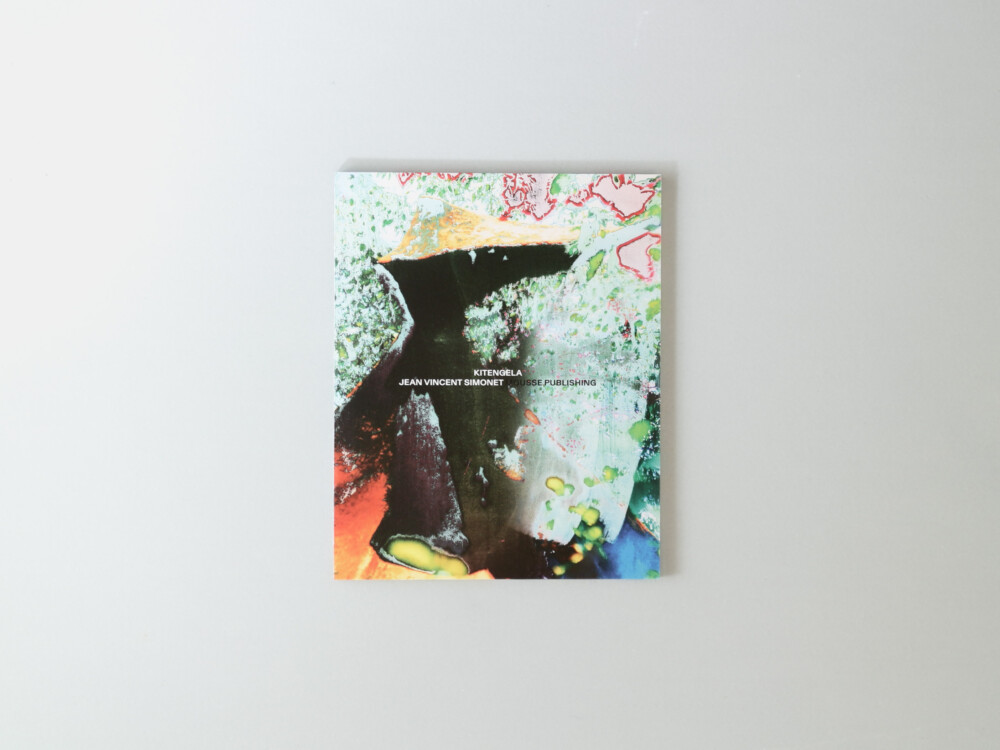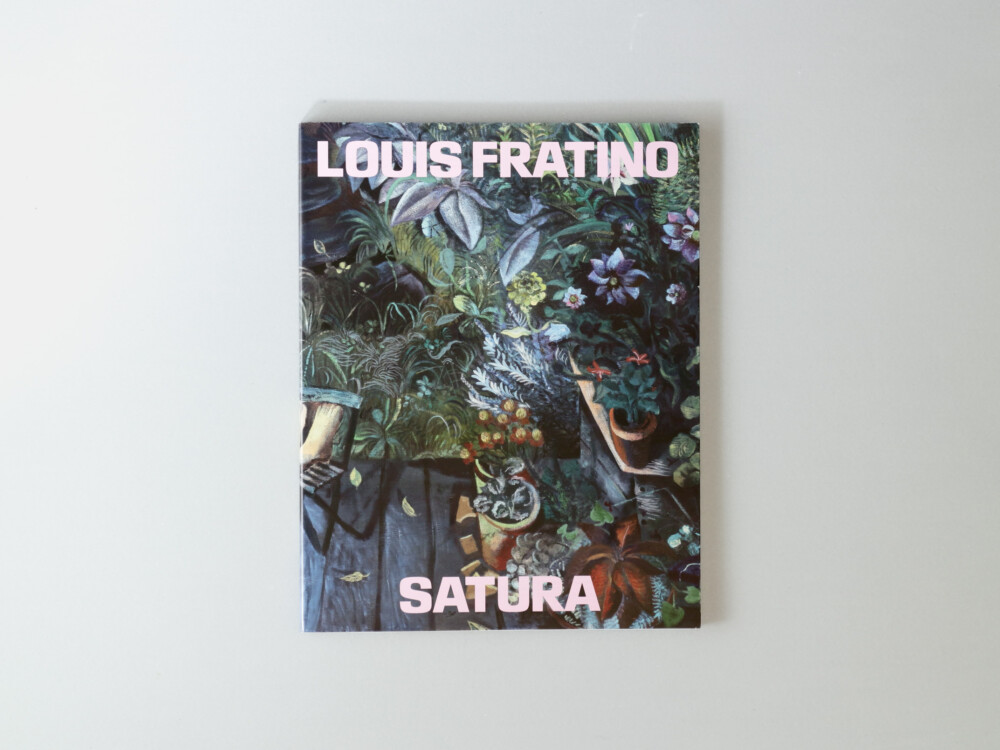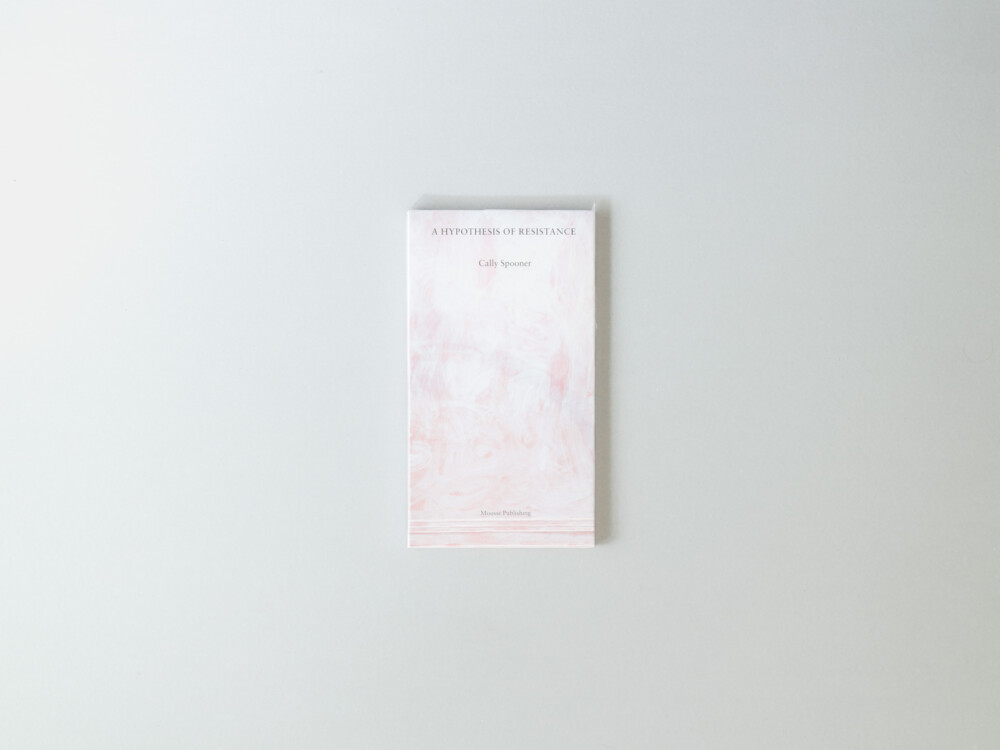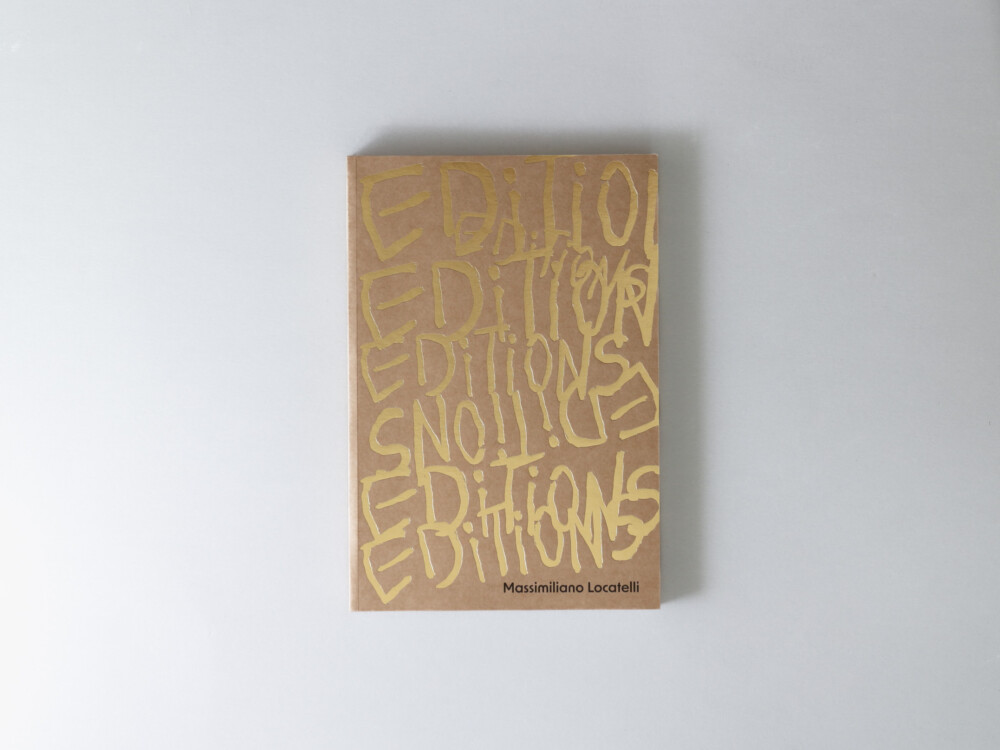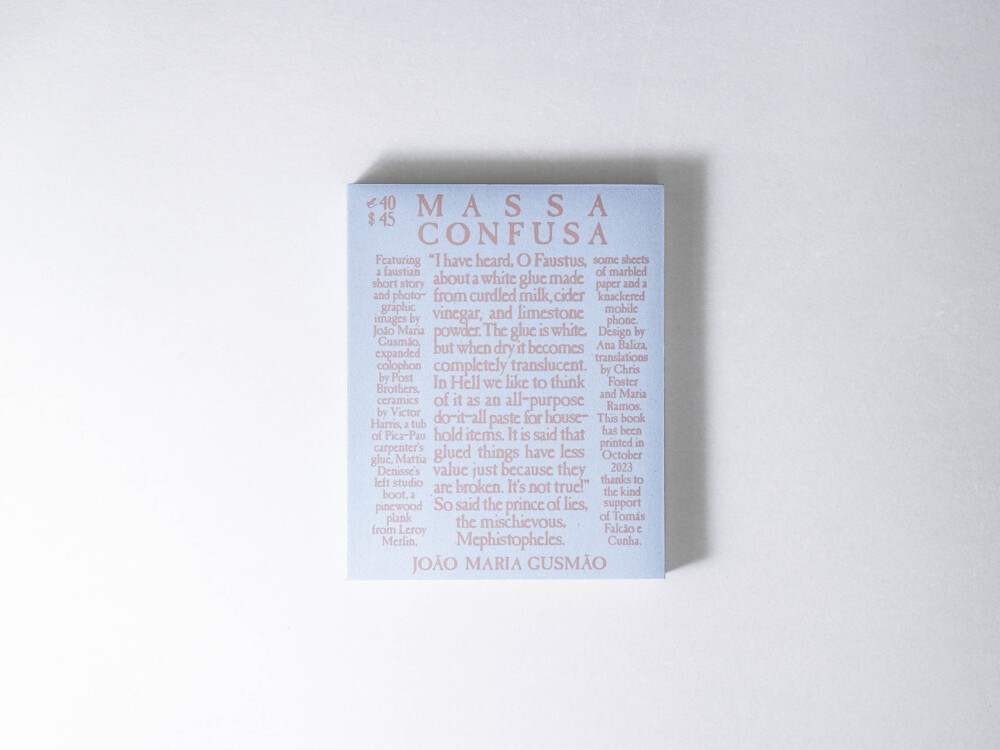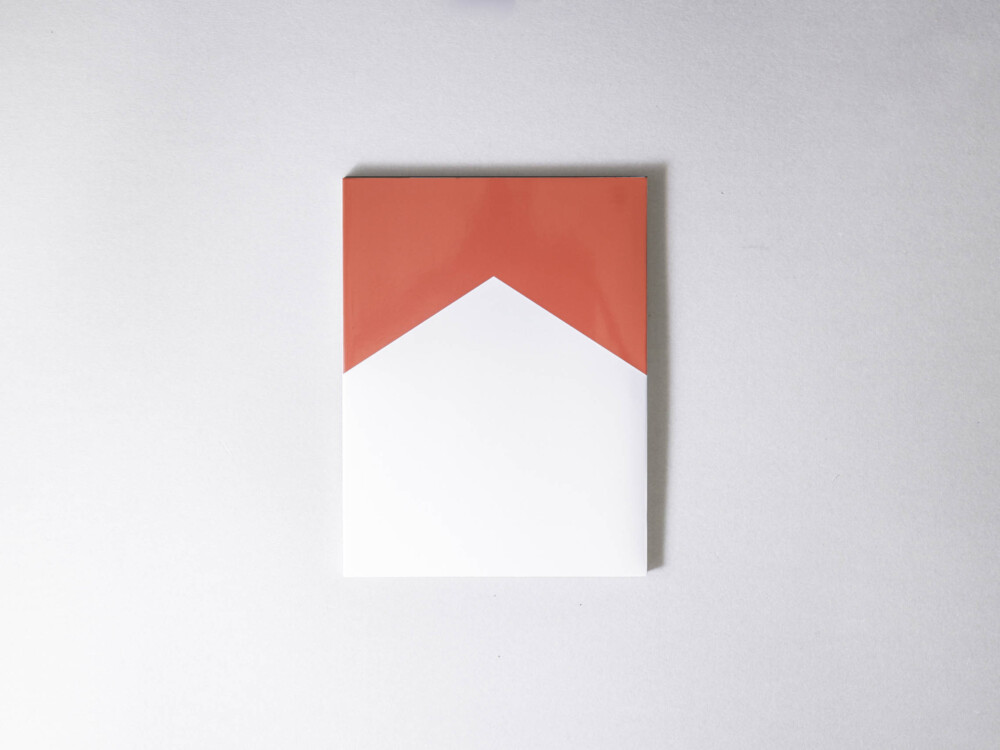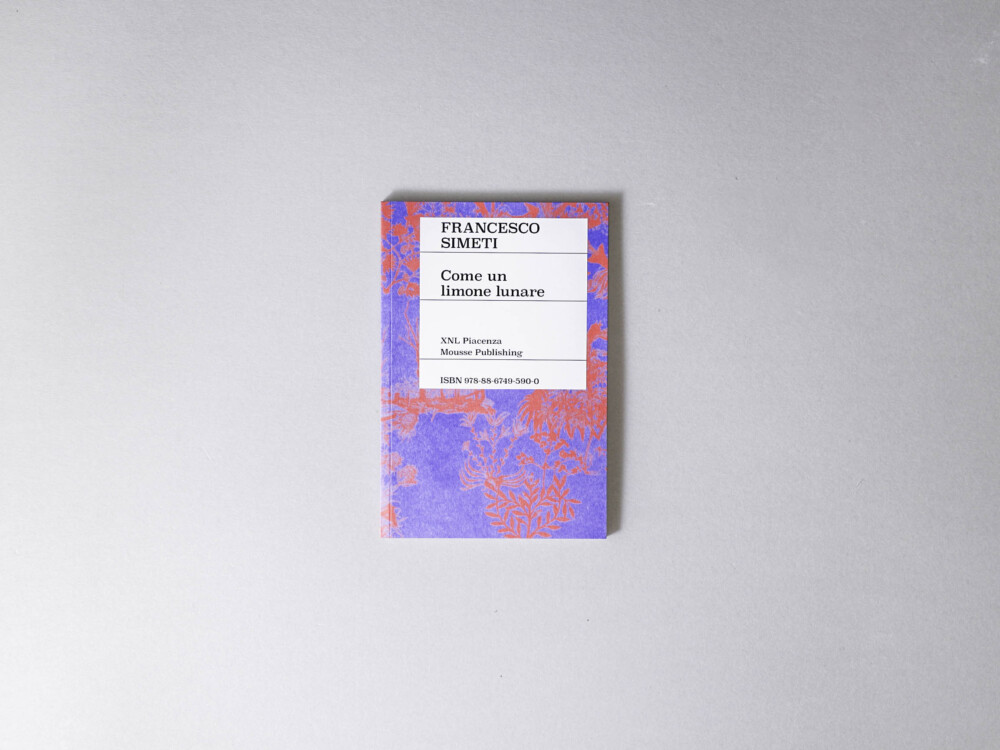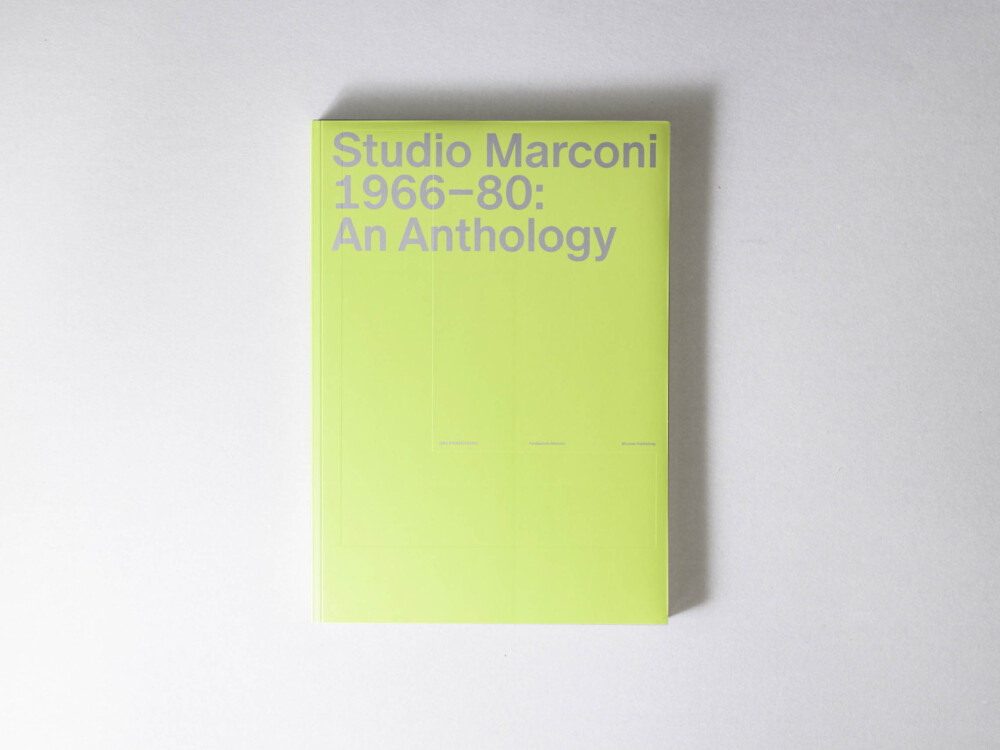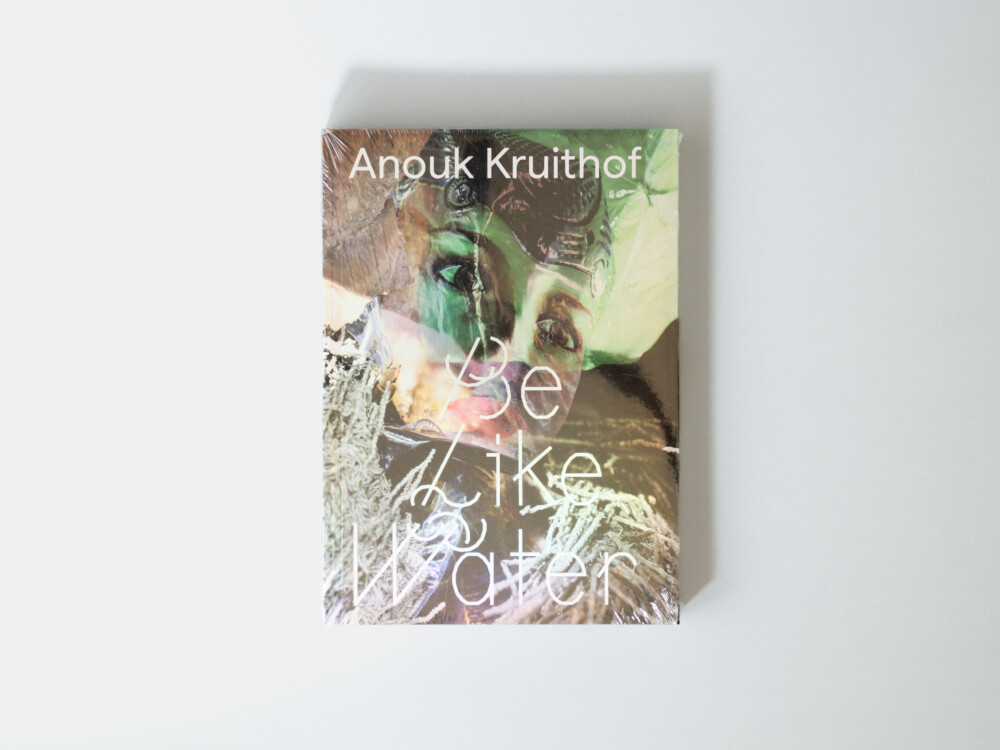What does it mean to paint a flag and to paint it in 2020? Through art historical, sociocultural, and philosophical lenses, Dieter Roelstraete undertakes an investigation of vexillology—the study of flags—as a way to decipher World Paintings, the new series of works by Norwegian artist Fredrik Værslev depicting national flags. Flags connote territorial belonging and whereas class, racial, and sexual identity continue to dominate the political discourse of art, national identity has long been shrouded in taboo. In times of ever-tensing culture wars—wars fought over symbols (flags, hymns, face masks, statues)—and unparalleled racial strife, Værslev’s artistic proposition is an especially contentious yet also a painfully timely one. Worldwide, COVID-19–enforced semi- or total lockdowns induce nations, borders, and sovereignties to regain weight. In its reinterpretation of the standard sizes and colors of national flags, especially through expressive whites (smears of colored paint soiling unpigmented portions of the canvas), this new body of work syncs with the artist’s earlier projects such as the canopy, terrazzo, trolley, sail, and window paintings, all of which trigger a tension between seeing an image as an image and seeing it as a representation, between the idea of mastery and the general avoidance of authorial mark making. Along with Roelstraete’s essay, the publication includes reproductions of forty-five World Paintings, and it is available with three different cover designs, imitating the national flags of Greece, the United States of America, and Uzbekistan.
